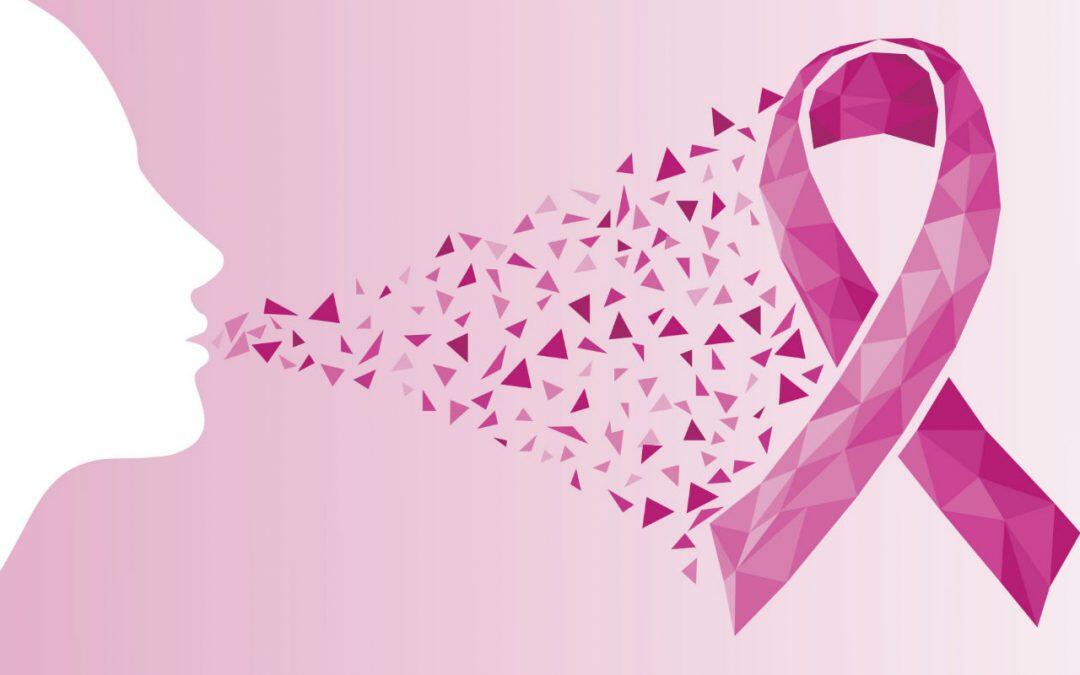“Indeed, the fact that the mammary glands do not develop in men as in women the effect of hormones, testosterone in particular, does not exempt the male cancer in breasts,” says Dr. Christian Eagle, researcher clinical National Cancer Institute (INCan).
He adds that the condition no longer rare in men, but not reach the incidence occurring in females, although 25 years from the date the occurrence has increased. “Today we know that the number of cases in Africa than the world average of one for every 100 women, and there are factors to take into account”, says the specialist.
In women, breast cancer is diagnosed at a very high percentage between 59 and 60 years of age, but in men the average is 10 years later, ie almost 70 years. However, that time can be the difference in the progression of the disease, for them to be detected at a late stage may denote considerable damage.
In 9 out of 10 male cases the cause is hormonal, due to the effects of estrogen and progesterone mainly; It is recognized as the least aggressive and manifests slower progress. For your attention indicated are oral medications such as tamoxifen, to over 3 to 5 years, but the side effects are not tolerated by all patients, and in 60 percent of cases discontinue treatment and have a fatal outcome.
Another risk factor is having suffered disorders testicular level, for example, inguinal hernias at birth, cryptorchidism (when one testicle does not descend to the long life to the scrotum), inflammation from trauma or viral infection, or While removal.
Moreover, genetic abnormalities may be derivative of breast cancer in men; An example of this is explained as follows: women normally have two X chromosomes, while males have one X and one Y chromosome, but when the man is born with an extra X, XXY, is called Klinefelter syndrome and who suffers has the 50 percent risk for developing cancer of this type.
Another factor to consider is inherited in the direct line, ie, if the man’s mother had breast cancer. When this is the case, diagnostic tests sought as trigger the BRCA 2 gene, and not detected early can be more invasive.
Thus INCan clinical researcher identifies three factors to which we should pay attention: the effects on testicles, be positive and hormone receptor mutation BRCA 2 gene.
“There are times that in men there is a natural increase of breasts (gynecomastia) and although the size of a woman does not mean it is -refiere Dr. Christian Eagle factor, and adds, will not be achieved. Treatment of breast cancer in men has been known from the review of historical cases, there is no pattern to follow, and in many cases have used the same methods that are prescribed to women “.
It is not uncommon cancer in men is recognized as having a significant advance, with the possibility of having done invasion of lymph in the armpit, to which is considered a surgery to remove the tumor and affected tissues, but the prognosis is not always encouraging .
important research on breast cancer in men is currently leading the international level, which identifies characteristics and qualities of specific cases to describe the problem and to face it. For Mexico, the INCan involved with the studies recorded 20 years to date, and the recent identification will be followed by 30 months.
“We have no precise data recording in Mexico, but what we can understand is the relationship 100 to one between women and men, as the international media”, affects the specialist.
Since there is a preventive or informative program, what we can do is remember that the disease may be present, and that before any abnormality in the nipple or the detection of a small bulge in the nearby region must be made to doctor to determine tests diagnosis. Also, self – examination is a suggestion, especially those who have experienced a testicular problem. (











